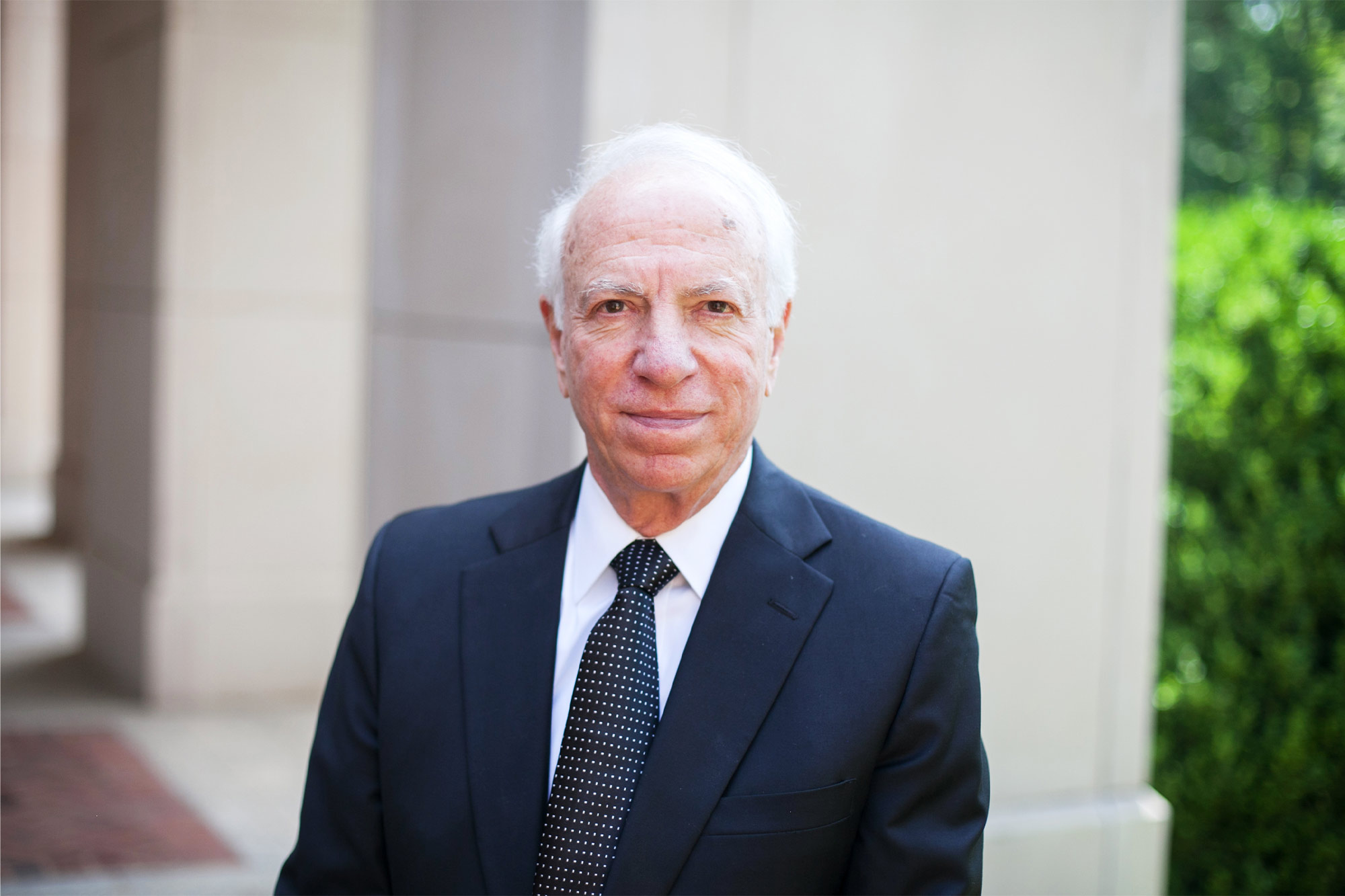
If you Google news about "Baby Boomers," you're bound to find fresh stories, almost daily, about the chronic needs posed by this aging population. The Wall Street Journal recently published an article headlined, "Many Baby Boomers Will Soon Need Adult Supervision."
New research involving the University of Virginia is raising a unique red flag about a subset of that population likely forgotten by most: prisoners.
The stakes are spelled out in "Persons Living with Dementia in the Criminal Legal System," a report from the American Bar Association's Commission on Law and Aging that was created in collaboration with the University of Virginia and the National Association of State Mental Health Program Directors.
The report notes that "An estimated 6.2 million Americans aged 65 and older currently have dementia and that number is projected to increase to 12.7 million by 2050. As the U.S. population ages and rates of dementia increase, the prevalence of dementia among persons involved in the criminal legal system can also be expected to increase."
Here is another statistic: The number of prisoners 55 and older increased 400% from 1993 to 2013. On top of that, experts predict that by 2030, this age group will make up one-third of the prison population.
The report notes that the aging of the general population is not the only contributing factor to this dynamic. "It is also attributable to a nationwide stiffening of criminal sentencing during the late 1980s and 1990s - particularly lengthy mandatory terms. In other words, we have more elderly prisoners because terms of imprisonment are much harsher than they were before the 1980s," it reads.
Add to that widespread agreement that most correctional systems are unprepared or unable to provide a safe and caring place for people with neurocognitive troubles, and it's not hard to see the system is headed to a crisis point.
This new report is sending a clarion call to jails and prisons across the nation about the need to develop and implement an efficient method for dementia screening.
Richard Bonnie, the director of the UVA School of Law's Institute of Law, Psychiatry and Public Policy, laid out several priorities in a recent presentation on the report.
"We need systemwide training for case identification and response for all criminal justice personnel - including law enforcement, attorneys and judges, and particularly for correctional agencies," he said.
Bonnie highlighted a particularly troubling cycle in the pretrial process, when a defendant's competence to stand trial is assessed.
When it comes to dealing with defendants with dementia, "If the defendant is found incompetent, the court commits the defendant to the hospital for restoration of competence, which is not likely to occur given the nature of the disorder," he said. "This pointless practice should be ended in favor of a more appropriate placement depending on whether the defendant poses a risk to himself or to society."

He said prisons and jails should also provide "therapeutically appropriate and protective conditions and programming for inmates with dementia."
"Our nation's laws and practices governing administration of criminal justice should be revised to take account of the degeneration of brain function that occurs later in life, including its effect on culpability, in decisions about diversion, sentencing and placement," he said.
Further, he added, "When consistent with public safety, people with dementia should be transferred out of the traditional correctional system altogether." That would "require legal innovation," he said, because it would mean creating a new procedure for the placement and protection of aging people with neurocognitive disorders "who pose danger to themselves or others and for whom traditional residential arrangements and family-centered legal protections are not adequate or available," he said.
Even though the focus of the study is on prison populations, Bonnie said it highlights a greater societal issue.
"Although our report focuses on the challenge of an aging population for the criminal justice system, it merges into the more general problems that our society is facing in providing appropriate placements for poor people with dementia in an aging population," he said.






